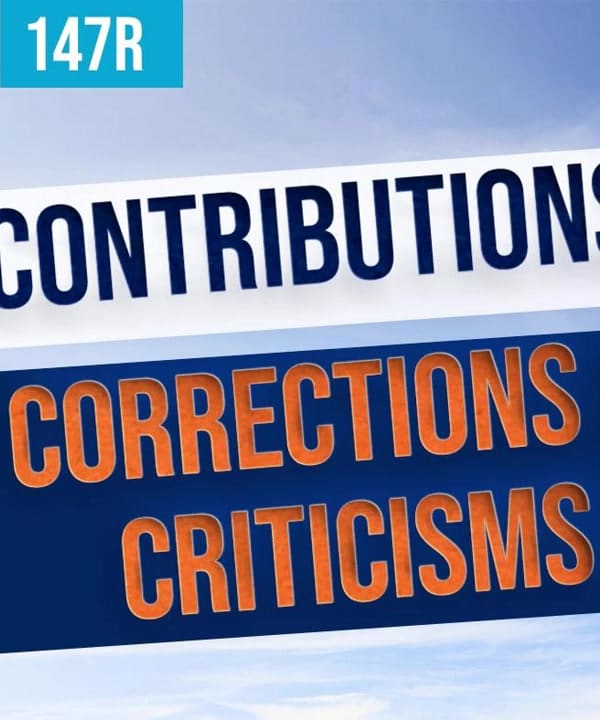Why leave a stable job?
Sources:
Leaving a stable job is often linked to various personal and professional reasons. Here are a few insights from Brad Barrett and guests on different aspects:
-
Toxic Work Environments: People with financial stability or those on the path to financial independence don't stay in toxic jobs for long. They leave because they don't have to tolerate poor work cultures and can find employers who treat them better and deserve their talent 1.
-
Pursuing Passions: Achieving financial independence allows people to leave jobs they dislike and pursue work they genuinely enjoy without the pressure of financial need. This can lead to finding more fulfilling, better-paying jobs and enhancing overall happiness 2 3.
-
Preventing Burnout: Leaving a job can sometimes be a preventive measure against burnout. As Doug Nordman discusses, one might leave a stable job to avoid recreating a high-stress environment and opt for a more flexible, satisfying career that aligns better with personal values and fit into their life preferences 4.
-
Opportunities for Better Roles: Sometimes, leaving a job is a strategy to get better positions. People often receive unsolicited job offers with better terms once they announce their departure. This phenomenon shows that sometimes quitting can actually open doors to better opportunities 5.
-
Responding to Instability: Financial instability, such as unexpected layoffs or sudden expenses, can be a catalyst. Experiencing such a shock can make people reconsider their financial habits and career choices, aligning them to more stable and rewarding paths 6.
-
Entrepreneurship: For some, like Tori Dunlap, leaving a stable job for entrepreneurship resulted in significant success that would not have been achievable by staying in a traditional employment setup. The freedom to work on one's terms and the potential for high rewards can drive this decision 7.
Each of these reasons reflects the broader theme of seeking better personal and professional fulfillment, financial independence, and aligning work with one's values and lifestyle.
RELATED QUESTIONS-






